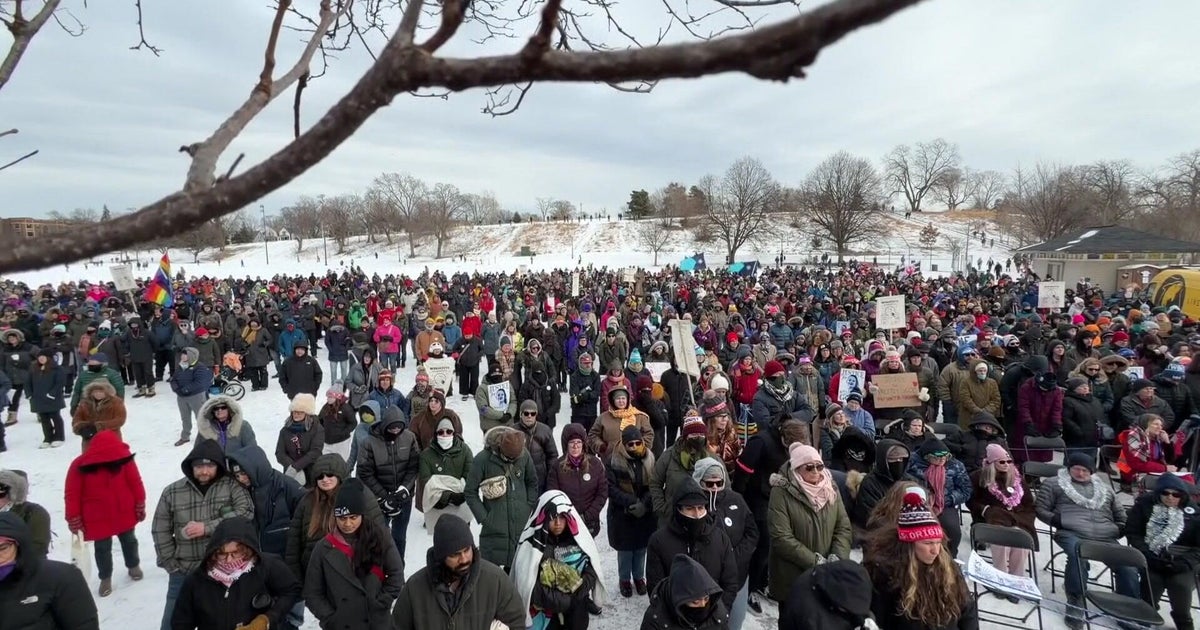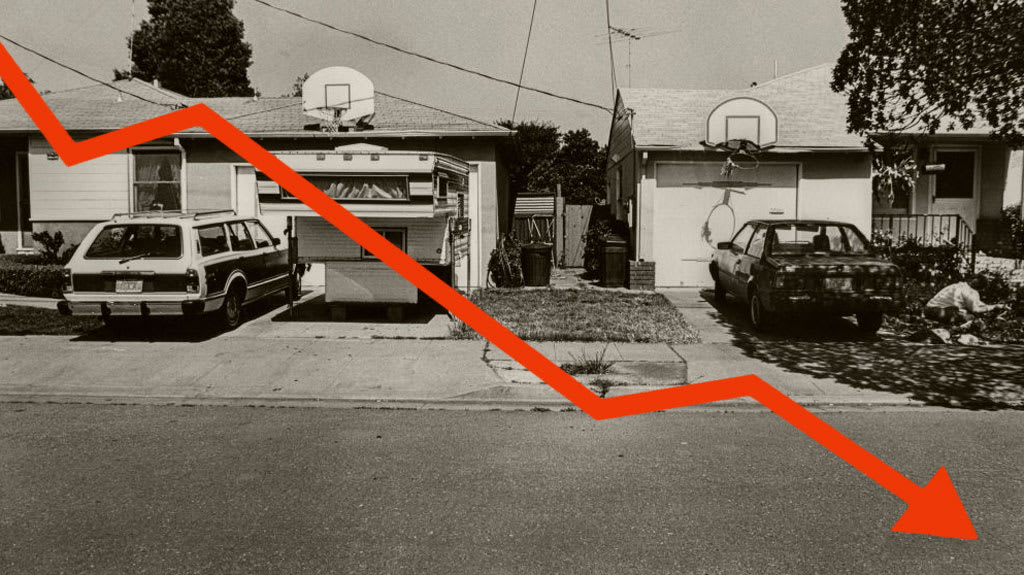Could raising the minimum wage prevent thousands of suicides?
- Fewer suicides occur when minimum wages are higher during periods of elevated unemployment, according to a new study.
- Every $1 increase in the minimum wage is associated with a 6% reduction in suicide for high school grads.
- Boosting the minimum wage by $1 could have saved 27,550 lives from 1990 to 2015, the study says.
Raising the federal minimum wage, which hasn't increased in more than a decade, might accomplish far more than simply offering U.S. workers a boost in pay. New research suggests that lifting the baseline wage could also stop thousands of Americans from killing themselves.
The study, published in the the Journal of Epidemiology and Community Health and undertaken by Emory University researchers, found that a higher minimum wage made the biggest difference in periods of high unemployment. Every $1 increase in the baseline wage could have saved more than 27,000 lives from 1990 to 2015, the authors estimated.
The research comes at a time when so-called "deaths of despair" are rising, with Princeton economists Anne Case and Nobel Prize-winner Angus Deaton finding rising mortality rates for less educated white Americans. Their theory: Life for many lower-skilled workers has become a literal dead end, with chronic unemployment, poverty-level wages and a lack of opportunities leading to higher rates of alcoholism, drug abuse and suicide.
"Life expectancy of the richest 20% of Americans has increased over the last three decades, while life expectancy of the middle 60% has changed little, and has decreased for the poorest 20%," wrote the Emory University authors, who specialize in epidemiology and behavioral health. "Minimum wage increases may be one intervention to reduce income-based disparities in life expectancy, including from suicide."
Economists have also examined whether a higher minimum wage could reduce deaths of despair. An April study in the National Bureau of Economic Research posits that a 10% boost to both the minimum wage and the Earned Income Tax Credit, a tax break for low- and moderate-income people, could prevent more than 1,200 suicides annually.
This year has already seen a record number of minimum wage increases across the country. Twenty states raised their baseline pay on or around January 1, while another 26 cities and counties also boosted their minimum wages. More states, cities and counties are set to follow suit later in the year.
Despite that push, the federal baseline wage has been frozen at $7.25 an hour since 2009, a record-long period of time without an increase to the national minimum wage. In 21 states, the minimum wage remains at $7.25 an hour, which labor advocates say keeps workers mired in poverty.
The new study took a state-by-state approach, examining local minimum wage data and unemployment rates as well as the number of suicides. In times of high unemployment, a higher minimum wage within a state was associated with lower suicide rates among workers without a college degree. By contrast, raising the basic wage had little impact on suicide rates among college-educated workers, presumably because they tend to earn more and wouldn't directly feel the impact of a minimum wage hike.
The researchers estimate that 13,800 suicides could've been prevented between 2009 — when unemployment peaked during the Great Recession — and 2015 if the minimum wage for people with no more than a high school degree had been only $1 higher.
To be sure, many other factors could be at play, such as the impact of other social programs like access to food stamps and the availability of welfare programs in states that boosted their minimum wages. But the research could inform a broader discussion about the link between health in the U.S. and the growing gap between rich and poor.



